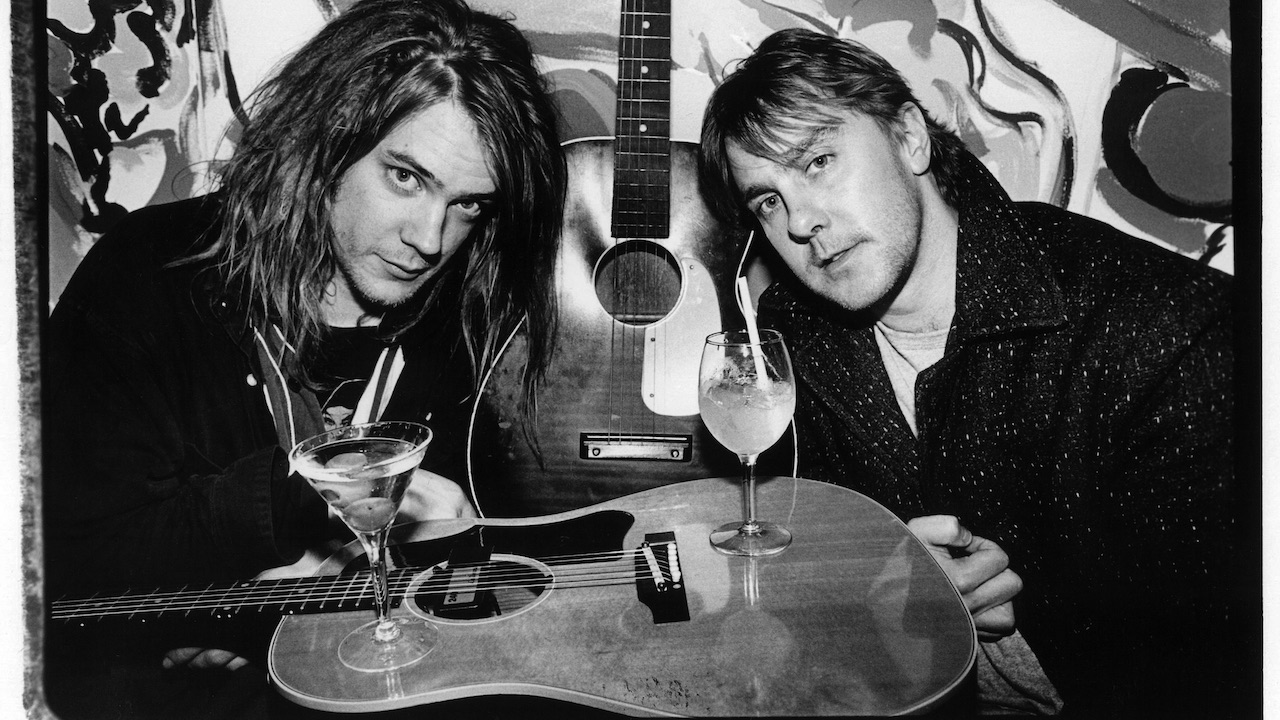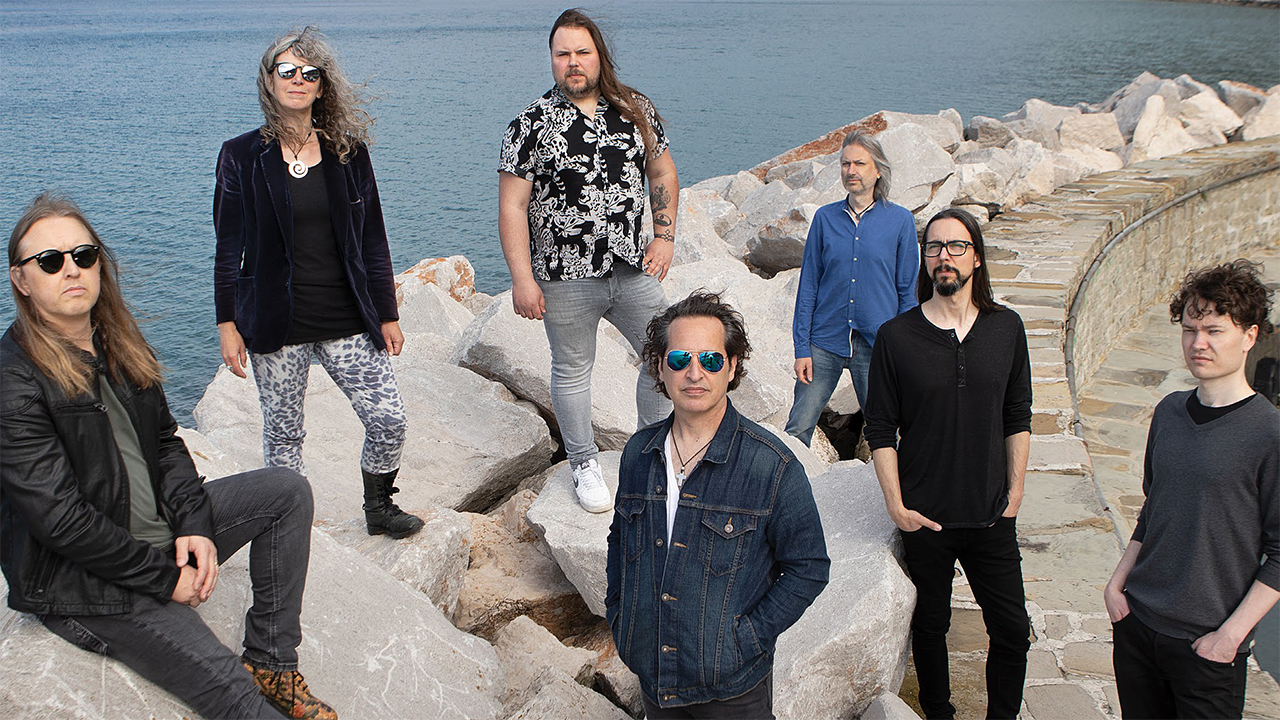Soul Asylum’s Dave Pirner on the “mania” of the '90s grunge explosion: “It was frightening... it scared the hell out of me"
Soul Asylum's Grave Dancers Union album was a massive hit in 1992... and this new-found fame wasn't entirely welcome

Select the newsletters you’d like to receive. Then, add your email to sign up.
You are now subscribed
Your newsletter sign-up was successful
Want to add more newsletters?
Soul Asylum frontman Dave Pirner has described the new-found fame which his band 'enjoyed' after the post-Nevermind success of their triple-platinum Grave Dancers Union album as "frightening" and admitted that the "mania" of the time "scared the hell" out of him.
The singer / guitarist made his comments in a new interview with the eonmusic site while promoting the band’s upcoming November UK tour with post-grunge rockers Everclear.
Speaking about his thoughts on the Minneapolis band being associated with the grunge / alt. rock scene despite forming a full decade before Nirvana's breakthrough album was released, Pirner admits, “It was kind of a mixed blessing, I suppose. We had been around for quite some time and I think when the Nirvana thing swept everybody off their feet, all these other bands started getting exposure, and all of a sudden; the Meat Puppets and the Butthole Surfers and some of my favourite groups were getting attention for the first time, and that part of it is pretty great”.
He continued; “It did get to a point where labels were signing every band that sounded even remotely like whatever it is you want to call it, so yeah, I guess, I suppose being swept up in the grunge thing is not the way that I would like to envision it”.
On the success of Grave Dancers Union, which was certified triple-platinum in the USA in 1993 following the success of its Grammy Award-winning third single Runaway Train, Pirner reflects, “I guess it it’s a rare achievement, I suppose. I feel good about it because when I hear it, it still sounds good to me. The songs still resonate for me.”
Going on to talk about how fame affected the band, Pirner says; “It was blinding. It was a blur of activity that just seemed endless. I mean, there’s parts of it where I, at least, was going, What am I doing? It was just so many photo shoots and weird appearances and things that you just didn’t really sign up for. It gets pretty grim, for lack of a better expression.”
“You don’t have a lot of time to sit around and congratulate yourselves. The more attention the record got, the more activity would happen around the band so that we were constantly just going. I don’t really remember sitting around congratulating each other, patting each other on the back and sitting back with a big cigar and going, 'Hey! We’re good, we done it!' It was madness. It’s good to be busy but you know, it’s better to be busy with just music”.
The latest news, features and interviews direct to your inbox, from the global home of alternative music.
“We were touring in Germany and my tour manager came backstage and he throws these magazines down on this coffee table and he goes, 'Look what they’re doing to you', and I’m leaving a gig and I’m getting mobbed by kids. It was frightening. I didn’t really know how to compartmentalise that sort of thing. So yeah, there was a little bit of mania going on that frankly, scared the hell out of me."
Read the full interview with Dave Pirner on eonmusic.

A music writer since 1993, formerly Editor of Kerrang! and Planet Rock magazine (RIP), Paul Brannigan is a Contributing Editor to Louder. Having previously written books on Lemmy, Dave Grohl (the Sunday Times best-seller This Is A Call) and Metallica (Birth School Metallica Death, co-authored with Ian Winwood), his Eddie Van Halen biography (Eruption in the UK, Unchained in the US) emerged in 2021. He has written for Rolling Stone, Mojo and Q, hung out with Fugazi at Dischord House, flown on Ozzy Osbourne's private jet, played Angus Young's Gibson SG, and interviewed everyone from Aerosmith and Beastie Boys to Young Gods and ZZ Top. Born in the North of Ireland, Brannigan lives in North London and supports The Arsenal.
